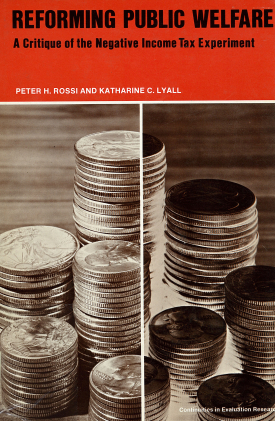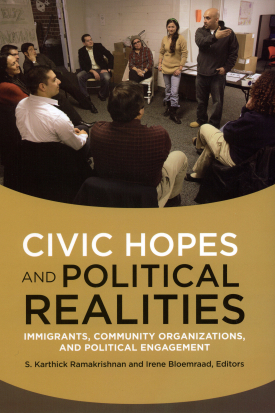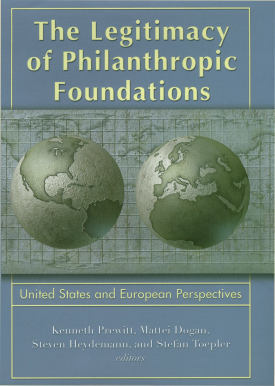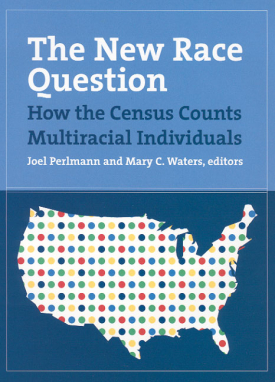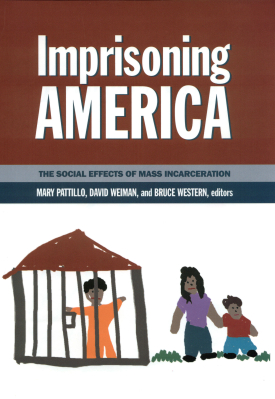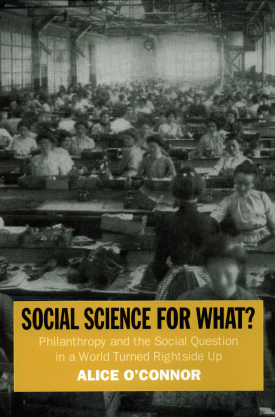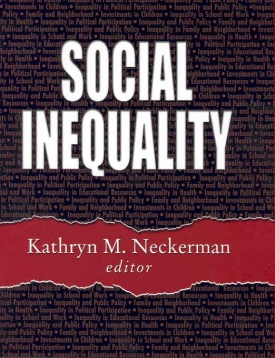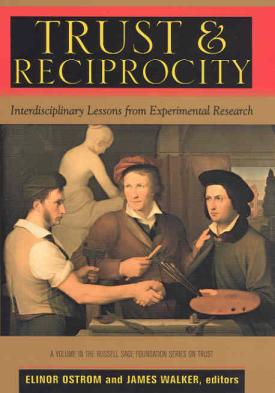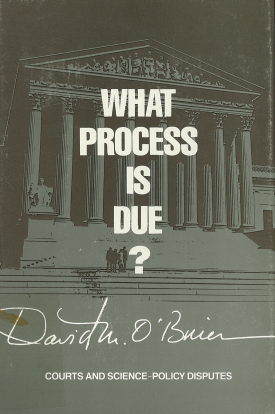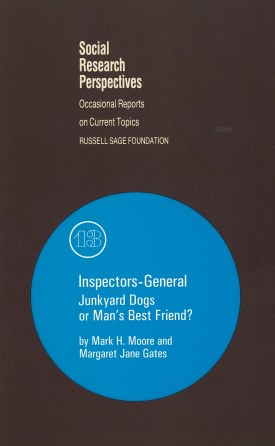Inequality in income, earnings, and wealth has risen dramatically in the United States over the past three decades. Most research into this issue has focused on the causes—global trade, new technology, and economic policy—rather than the consequences of inequality. In Social Inequality, a group of the nation’s leading social scientists opens a wide-ranging inquiry into the social implications of rising economic inequality. Beginning with a critical evaluation of the existing research, they assess whether the recent run-up in economic inequality has been accompanied by rising inequality in social domains such as the quality of family and neighborhood life, equal access to education and health care, job satisfaction, and political participation.
Marcia Meyers and colleagues find that many low-income mothers cannot afford market-based child care, which contributes to inequality both at the present time—by reducing maternal employment and family income—and through the long-term consequences of informal or low-quality care on children’s educational achievement. At the other end of the educational spectrum, Thomas Kane links the growing inequality in college attendance to rising tuition and cuts in financial aid. Neil Fligstein and Taek-Jin Shin show how both job security and job satisfaction have decreased for low-wage workers compared with their higher-paid counterparts. Those who fall behind economically may also suffer diminished access to essential social resources like health care. John Mullahy, Stephanie Robert, and Barbara Wolfe discuss why higher inequality may lead to poorer health: wider inequality might mean increased stress-related ailments for the poor, and it might also be associated with public health care policies that favor the privileged. On the political front, Richard Freeman concludes that political participation has become more stratified as incomes have become more unequal. Workers at the bottom of the income scale may simply be too hard-pressed or too demoralized to care about political participation. Social Inequality concludes with a comprehensive section on the methodological problems involved in disentangling the effects of inequality from other economic factors, which will be of great benefit to future investigators.
While today’s widening inequality may be a temporary episode, the danger is that the current economic divisions may set in motion a self-perpetuating cycle of social disadvantage. The most comprehensive review of this quandary to date, Social Inequality maps out a new agenda for research on inequality in America with important implications for public policy.
KATHRYN NECKERMAN is associate director of the Institute for Social and Economic Research and Policy, Columbia University.
CONTRIBUTORS: Suzanne Bianchi, Henry E. Brady, Coral Celeste, Tiffani Chin, Philip N. Cohen, Sean Corcoran, Janet Currie, Paul DiMaggio, Christine E. Eibner, David T. Ellwood, William N. Evans, Neil Fligstein, Richard B. Freeman, Jennifer Godwin, Eszter Hargittai, Robert M. Hauser, Robert Haveman, V. Joseph Hotz, Michael Hout, Christopher Jencks, Thomas J. Kane, Meredith Kleykamp, Gabriel S. Lenz, Kara Levine, Steven P. Martin, Susan E. Mayer, Marcia K. Meyers, John Mullahy, Sheila E. Murray, Kei Nomaguchi, Lars Osberg, Anne R. Pebley, Meredith Phillips, Sara Raley, Stephanie Robert, Dan Rosenbaum, Jake Rosenfeld, Howard Rosenthal, Christopher Ruhm, Gary Sandefur, Narayan Sastry, Kay Lehman Schlozman, John Karl Scholz, Robert M. Schwab, Jonathan Schwabish, Steven Shafer. Taek-Jin Shin, Theda Skocpol, Timothy M. Smeeding, Sidney Verba, Andrea Voyer, Jane Waldfogel, Bruce Western, Barbara Wolfe.
